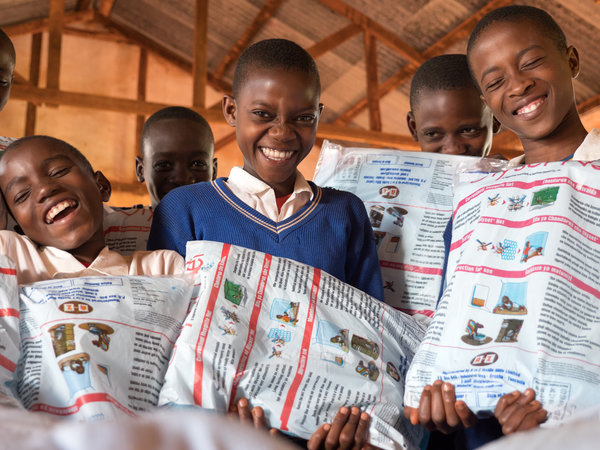
Fewer Malaria Nets, Lower Costs, More Protection
“The idea of replacing mass campaigns with yearly school net distributions was pretty revolutionary, frankly,” says CCP’s Hannah Koenker. “It hadn’t ever been tried on such a large scale.”

“The idea of replacing mass campaigns with yearly school net distributions was pretty revolutionary, frankly,” says CCP’s Hannah Koenker. “It hadn’t ever been tried on such a large scale.”
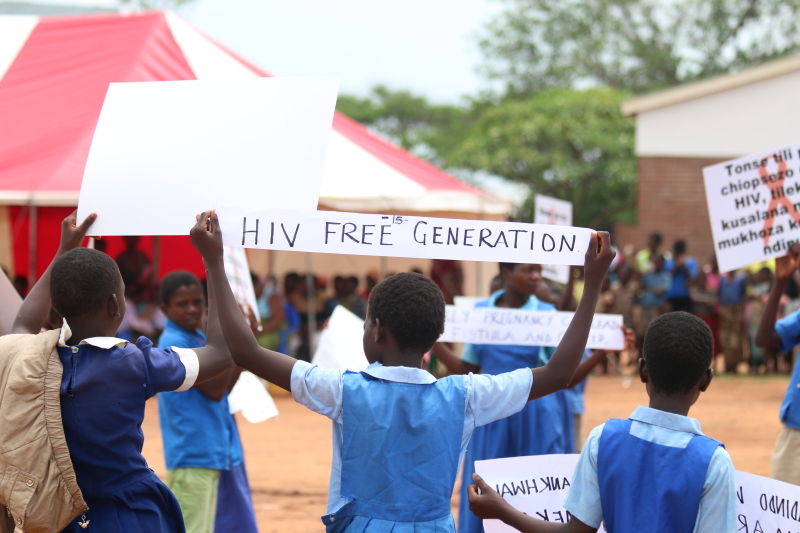
The annual contest, recognizing the best in global health and development photography for more than a decade, is underway. Entry deadline is June 5.
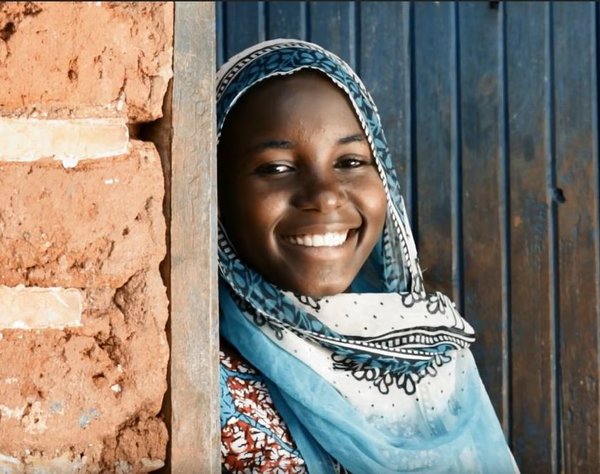
Videos released for World Malaria Day tell the stories of the people who CCP’s VectorWorks project and the Tanzanian government rely on to help them prevent malaria.

The 2018 International SBCC Summit closed Friday with excitement and inspiration and a commitment to do even better in the future to improve people’s lives around the world.
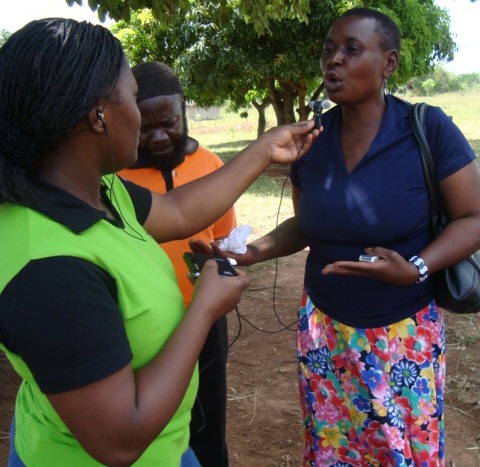
In rural Kenya in the mid-1990s, Rael Odengo had no running water, but the teen had a radio. The Youth Variety Show was her only way to get family planning information. Now, at CCP, she creates the kind of programs that shaped her youth.
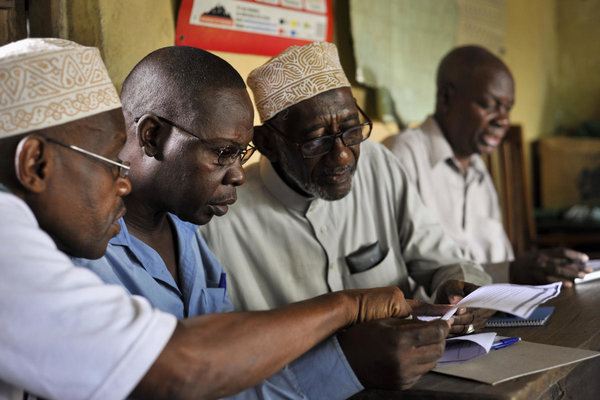
Some of the most rural parts of Nigeria have some of the lowest rates of contraceptive use not just in Africa, but in the entire world. A new intervention focusing on religious leaders hopes to change that.

With about 1.8 billion people in the world between the ages of 10 and 24 – the largest youth population ever – health programming needs to have a special focus on young people, making sure they have the most accurate and relevant information about HIV prevention, modern contraceptive methods and gender equality.
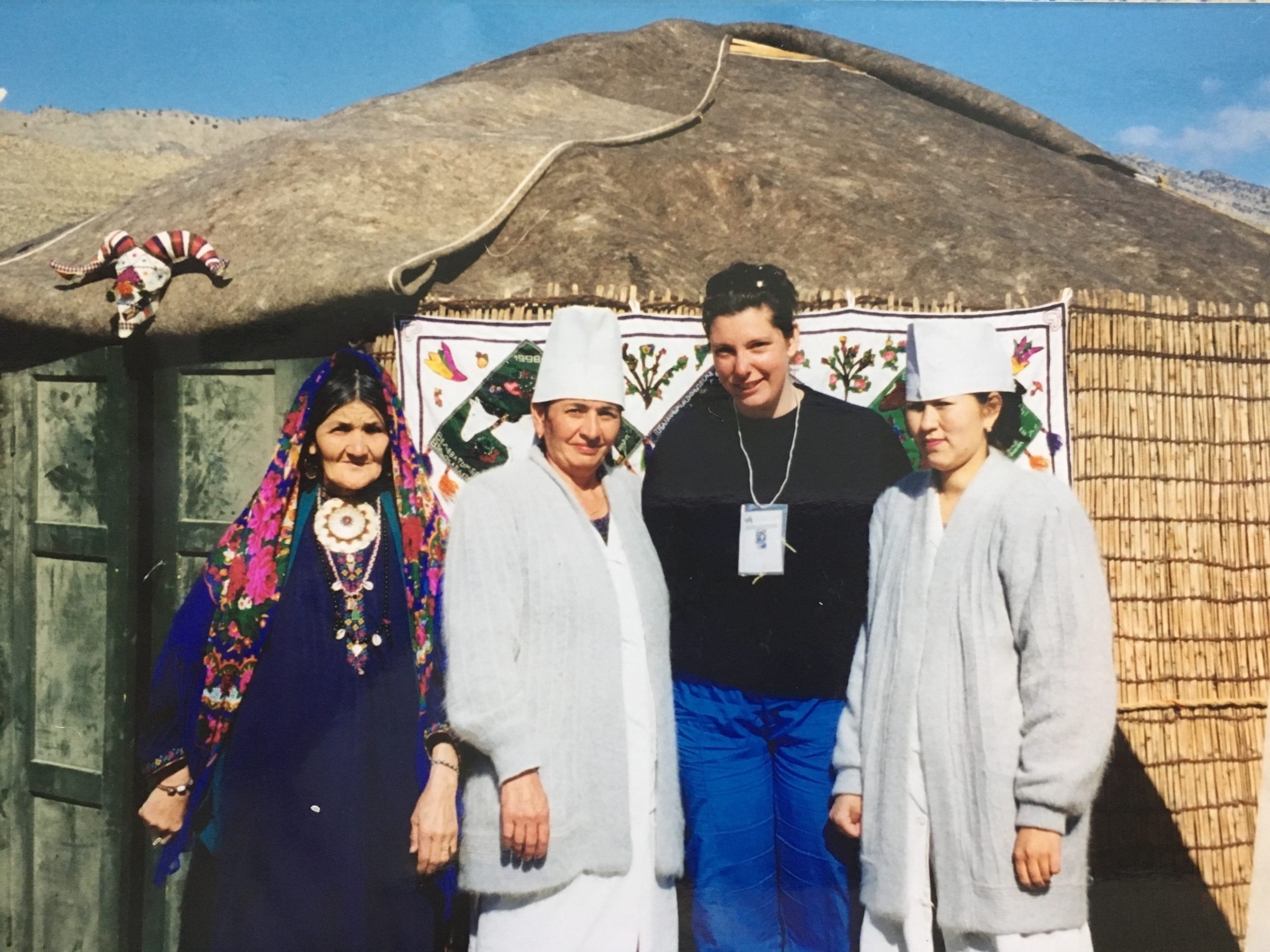
Dozens of returned Peace Corps volunteers work at the Johns Hopkins Center for Communication Programs. This year, we asked some of them to share short stories about what they learned during their time abroad and how their service changed their personal and professional lives for the better.
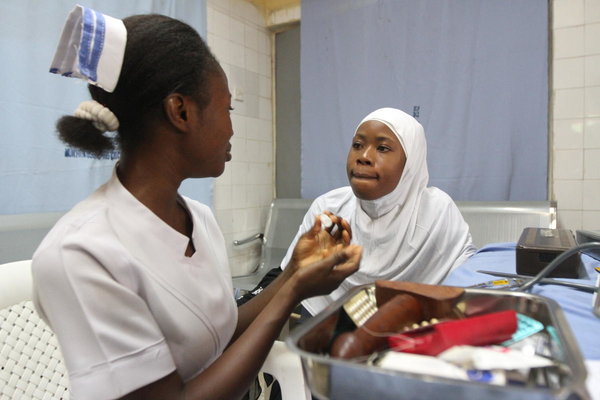
Health clinics were turning away many of the women sent for contraception. To get family planning providers onboard, CCP had to change its approach.

Health clinics were turning away many of the women sent for contraception. To get family planning providers onboard, CCP had to change its approach.
Receive the latest news and updates, tools, events and job postings in your inbox every month